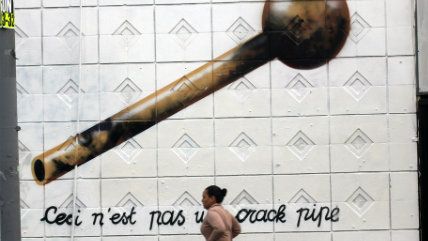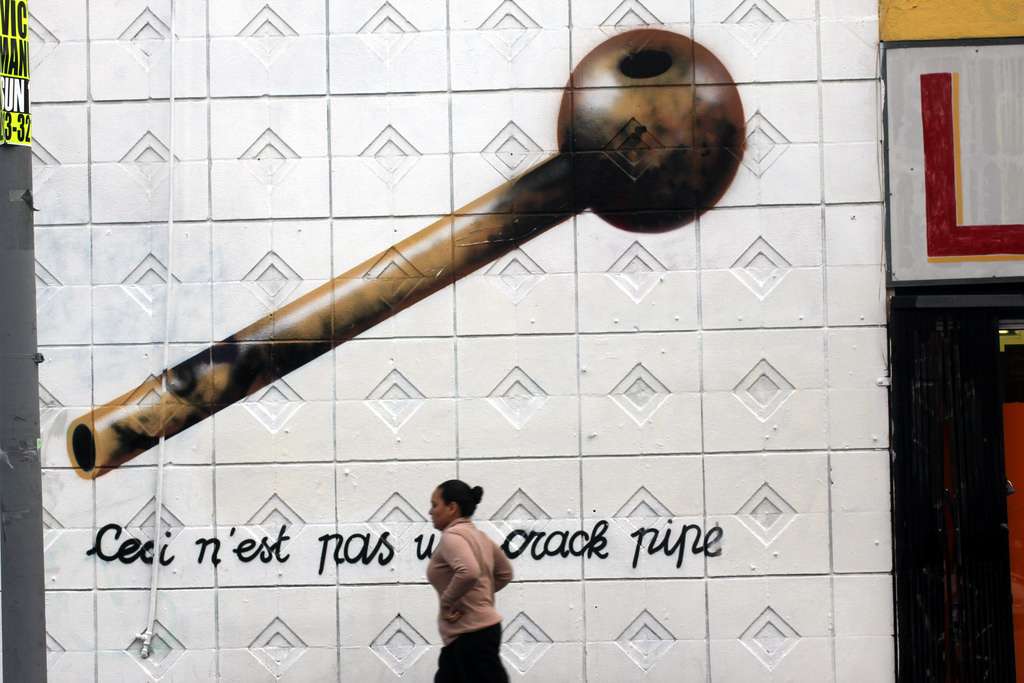Human Trafficking Is the New 'Crack-Cocaine Epidemic,' Says California Lawmaker
He's right, but not for the reasons he thinks.


At a hearing on new measures to address human trafficking, California Assemblyman Reggie-Jones Sawyer (D-Los Angeles) told fellow lawmakers that "the last time we've had this kind of emergency was when we had the crack-cocaine epidemic."
Sadly, Sawyer was not referencing the ways in which the current popular panic about sex trafficking and governmental responses to it mirror the outlandish, hysteria-based, and detrimental state approach to the war on drugs. Rather, Sawyer sees our attention to the "crack-cocaine epidemic" as something we should now strive to emulate with human trafficking.
In many, many respects, lawmakers, police, and federal officials already are treating sex trafficking in the same way they did the drug war. The dominant legislative response has been increased criminalization of all sorts of commercial sexual activity, as a report commissioned by the Department of Justice noted recently—although there's no evidence that this corresponds to less commercial sexual activity or more human-trafficking arrests or prosecutions.
One way this increased criminalization plays out is in more stings on sex buyers, rather than sex sellers. In at least 21 states, "sex trafficking laws have been amended or originally enacted with the intent to decisively reach the action of buyers of sex," according to the anti-trafficking nonprofit Shared Hope International. The crack down on sex buyers operates under the theory that if we "end demand" for commercial sexual activity there will be no market for trafficked individuals. As I pointed out in a November 2015 Reason story on U.S. sex trafficking, it was also a popular drug-war rallying cry.
"Ending the demand for drugs is how, in the end, we will win" the drug war, said then-President Ronald Reagan in 1988. In fact, he declared, ending demand was how we were already winning:
"The tide of the battle has turned, and we're beginning to win the crusade for a drug-free America," Reagan claimed.
In reality, the number of illicit drug users in America has only risen since then, despite the billions of dollars spent and hundreds of thousands of people locked away. In 1990, for instance, 7.1 percent of Americans had used some sort of illegal drug in the past month, according to the National Household Survey on Drug Abuse. By 2002 it had risen to 8.3 percent, and by 2013 to 9.4 percent.


Show Comments (47)